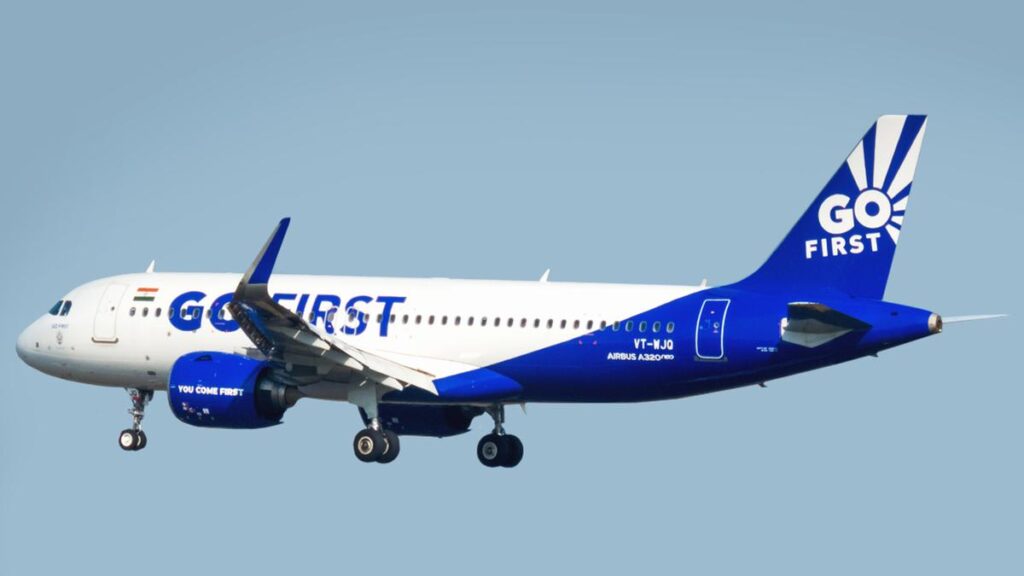Cape Town Convention: Its Significance amidst the Go First Crisis
The insolvency resolution proceedings initiated by Go First Airline have raised concerns among aircraft lessors who are unable to reclaim the leased planes. These proceedings legally prevent lessors from repossessing the aircraft.

The bankruptcy court’s decision will also increase India’s risk profile, leading to higher risk premiums charged by lessors to other local airlines. Consequently, this will raise the operating costs for these airlines. Lessors have already initiated the deregistration process for SpiceJet aircraft, as the airline has defaulted on lease rentals and is currently in negotiations with the lessors.
The root of the problem lies in India’s non-compliance with the Cape Town Convention, which significantly limits the rights of creditors of Indian airlines and their ability to fully benefit from the protections offered in other jurisdictions. A global aviation leasing watchdog has placed India on a watchlist with a negative outlook, highlighting its failure to adhere to international norms for aircraft repossession following Go First’s bankruptcy protection approval.
What is the Cape Town Convention
The Cape Town Convention is a global treaty that promotes aircraft financing and leasing by reducing risk for lessors and providing legal certainty in transactions, even in cases of airline insolvency or default. The establishment of Cape Town in 2001 marks its significance. Along with the Protocol on Matters Specific to Aircraft Equipment.
The Convention and Protocol aim to address the challenge of establishing clear and enforceable rights for valuable aviation assets like airframes, aircraft engines, and helicopters, which lack a fixed location. Differences in legal systems regarding securities, title retention agreements, and leases create uncertainty for lenders, making it difficult to secure financing for these assets and increasing borrowing costs.
What is the status of the Cape Town Convention in India?
India acceded to the convention in 2018 but has yet to ratify it through Parliament, meaning it is not currently enforceable in the country. Consequently, existing laws, including bankruptcy laws, take precedence over the convention. In October 2018, the aviation ministry requested feedback on the CTC Bill 2018, which aimed to implement a treaty signed by India in 2008. This treaty aimed to provide assurance to lessors that their valuable assets, such as aircraft and engines, would not be stranded in India if domestic carriers defaulted on rental payments or ceased operations. In 2021, the government introduced another Bill in April 2022, which remains unsubmitted in Lok Sabha, despite being open for public comments.
Now, the government is considering the passage of this bill to protect India’s aviation industry from increasing lease costs. Once enacted, the CTC will hold equal importance as the bankruptcy law.
What the non-adherence to the Convention means
Several lessors of Go First have asked the DGCA, the aviation regulator, to deregister over 40 aircraft under the Cape Town Convention. According to the Convention, the concerned authority must implement such requests within five working days. However, despite some lessors terminating their leases and requesting repossession of planes, the bankruptcy court has frozen Go First’s assets. The court’s decision takes precedence over the Convention’s provisions for lessors to repossess aircraft. Since there are no specific Convention provisions in India, the lessors are now engaged in a prolonged battle. Eleven lessors, supported by global banks, will appeal the bankruptcy order and seek permission to repossess their aircraft.
Indian plane lessors have faced difficulties in the past. During the airline’s insolvency proceedings, Jet Airways grounded many of its leased planes for over a year. Additionally, they also lost assets that were leased to the now-defunct Kingfisher Airlines.
Why India needs legalization of Cape Town Convention
India, as a signatory to the Convention, requires legal protection for its provisions due to conflicts with existing laws that currently hold greater authority. Legalizing the Convention provisions is necessary for India’s aviation market growth, which is closely linked to the global aviation industry.
As a result, passengers will inevitably face increased ticket prices due to higher costs, posing challenges for Indian airlines in competing against international counterparts.
Also, Read: Indian Aviation News
Private & Non-scheduled Charter operators in India
Go through, the Mall of Aviation
For the best HELIPAD CONSULTANCY



